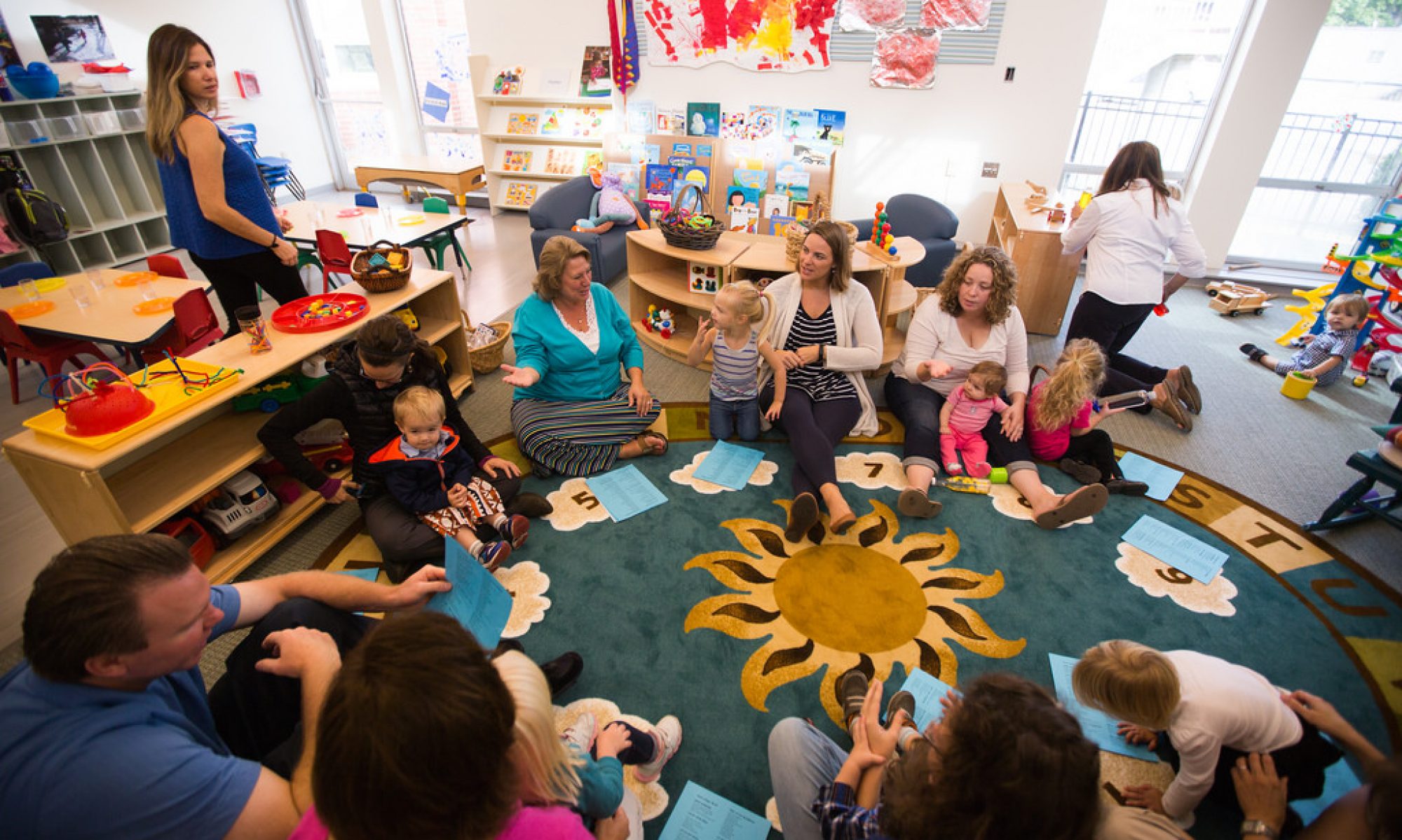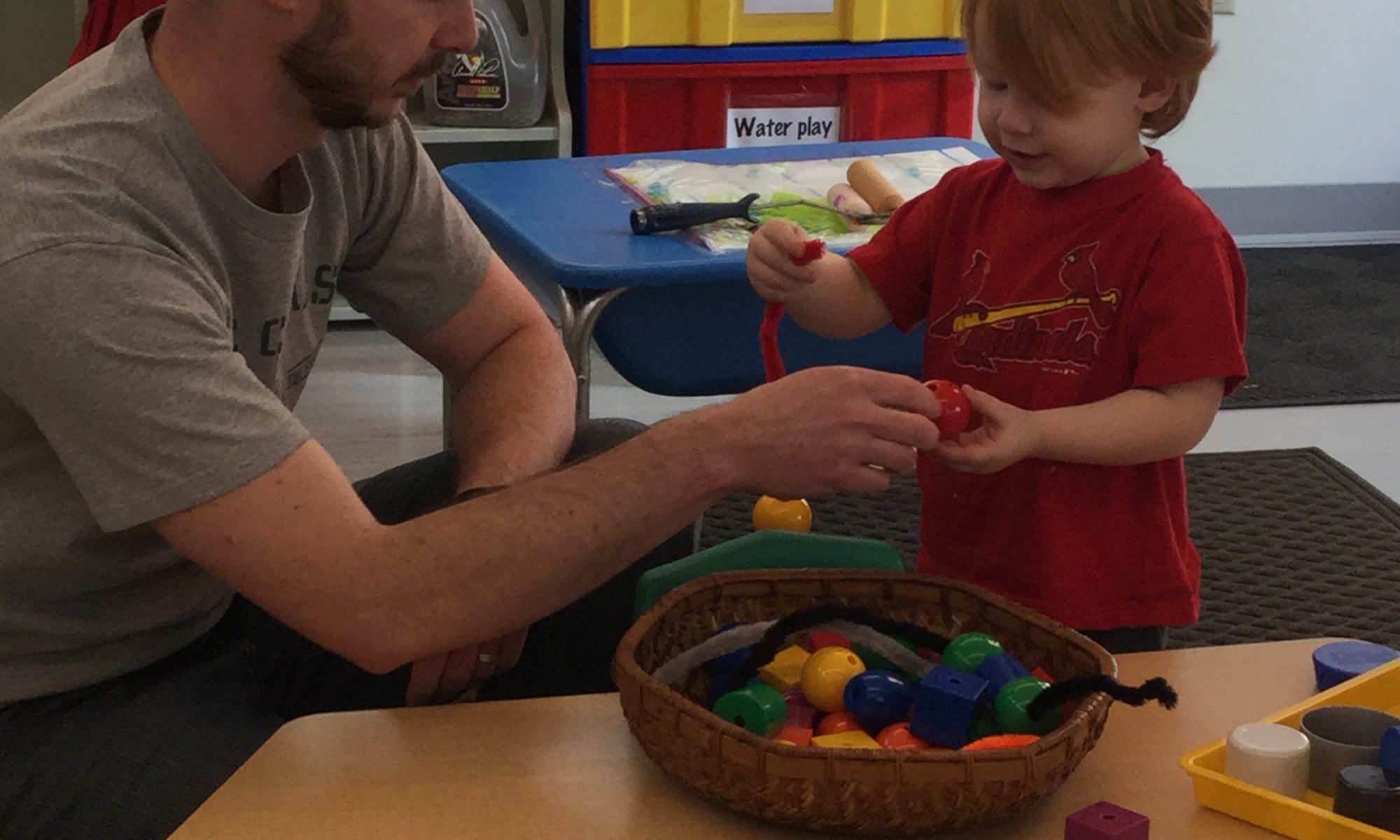The desire to have a well-behaved child is a universal one, but sometimes there are important lessons that need to be learned by both the parent and the child. When we’re having challenges with our child, it can be tempting to think, “I wish my child would act like him” as we observe a child behaving well for his parent. Those are opportunities for us to reflect on our parenting skills.
If your child is rolling around on the floor, what might you do? Words would be your first recourse. You might say, “This is not a place to roll on the floor.” Then pick your child up, if necessary. If your child is overtired, and we know the responsibility is ours, perhaps it’s time to go home for a nap. If the child is out of control and needing guidance, we need to take the time to help him develop the skills necessary for coping with disappointment.
If your child is crying because she is disappointed that she can’t get a toy when shopping, what might you do? Again, start with words. You might say, “I can tell you’re disappointed that you can’t get the toy today. We are just buying the things on our list. Can you help me find the shampoo that you like to use?” Giving your child a responsibility can help her move past her disappointment at not getting a toy.
If your child is disappearing around the corner, what might you do? Speak firmly, using your child’s name, “____, stop!” It is best not to chase your child unless it is absolutely necessary. When you’re reunited with your child, get down on his level, look him in the eyes, and say, “You may not run away from me at the store. I’ll need you to hold my hand now.” Then you’ll need to decide if an additional consequence is necessary. Children can learn to stay close when they are taught the rules and we, as parents, consistently follow through with them.
Some children learn best from logical consequences. One day while shopping, a child of an Acorn mom ran away from her to the car. The mom was very upset and concerned for the child’s safety. This was during a period when the child was testing rules frequently. The child, who loved to go shopping, was told that he would not be able to come along next time. A short time later, when her husband was home, the mom announced, “I’m going to the grocery store.” Then, she calmly reminded her son that he would not be coming along this time since he ran to the car earlier in the day. She said, “I need for you to be safe and not run ahead to the car.” Her son was very upset and started crying and pleading to be able to go along, saying he’d be good. But the mom stood her ground. “When we are out, I need to be able to trust you to obey the rules. Next time you can show me that you remember.” The child continued to be upset as the mother left him behind. But the lesson paid off. In the future, the child was able to follow the rules and be trusted.
Because each child is unique and each parent is unique, there are many possible ways to respond to a situation. If you have more than one child in your family, you will soon discern that what works well with one child will not necessarily be the answer for the next. So discipline techniques and responses need to be tailored to the individual child. One child may need to regain control in a quiet setting. Another child may conform quickly when a firm voice is used, rarely needing time alone. A firm voice, without anger is an important tool for every parent.
Here are some examples of how to use a positive, assertive tone when talking to your child:
“It’s time to get dressed. Here is the outfit that you chose last night.”
“Food is for eating, not for playing. Your toys are waiting for your play when you eat these last two bites.”
“It’s cold outside today. You will need to wear your winter coat.”
“Use gentle hands with baby. See how she smiles at you?”
“You may choose two books to read before rest time.”
“Blocks are not for throwing. Balls are for throwing.”
Parents want what’s best for their children, but sometimes it’s difficult to know where to begin. Mrs. Morgan, in Education at The Principia, helps us recognize our starting point: “The greatest good we can give our children is the training in right thinking, the establishment of thought in Principle” (p. 59). Our training can give children the words and means to understand how to obey Principle and how to do right thinking. You may have observed parents who say to their children, “You’re a good girl, playing so nicely”—then conversely, “Don’t hit your brother. Bad girl!” Will this help the child see her continuing good nature? Will it help the child to love her brother?
Here are some examples of words that work:
- Thank you for waiting patiently.
- Use your words.
- I like your quiet voice (your happy face).
- Use your gentle hands.
- Doors close quietly.
- Tummies to the table.
- Food stays at the table.
- People are not for biting. We bite food.
- We always hold hands in the parking lot and when crossing the street.
- Ask before you touch.
- God was there first.
Useful words and ideas can help smooth out rough spots in parenting, but as we tune in to God and listen for His direction, we will go forward with confidence and assurance in our parenting skills. Our training will give children the words and means to understand how to obey Principle and how to do right thinking.

